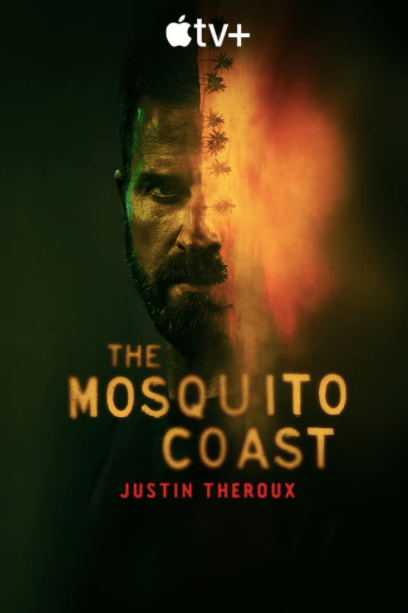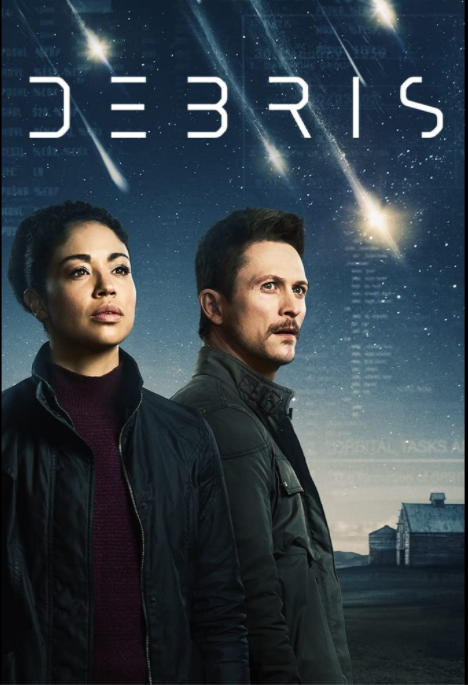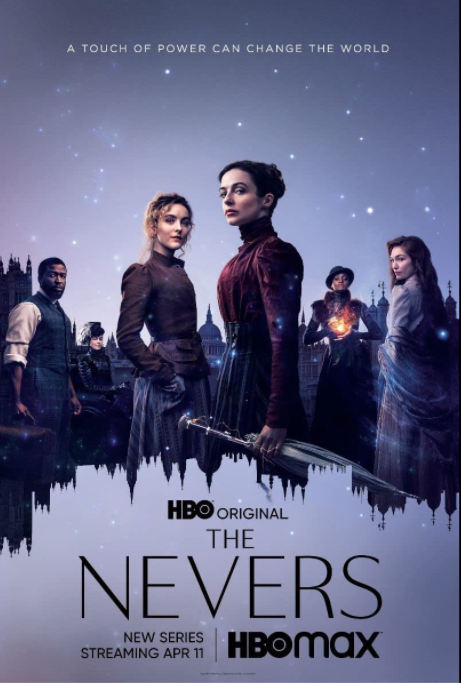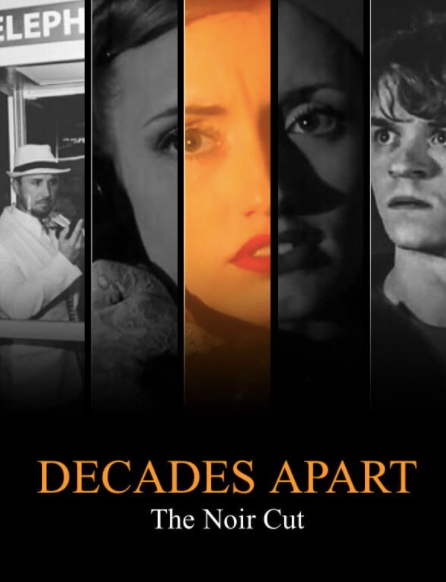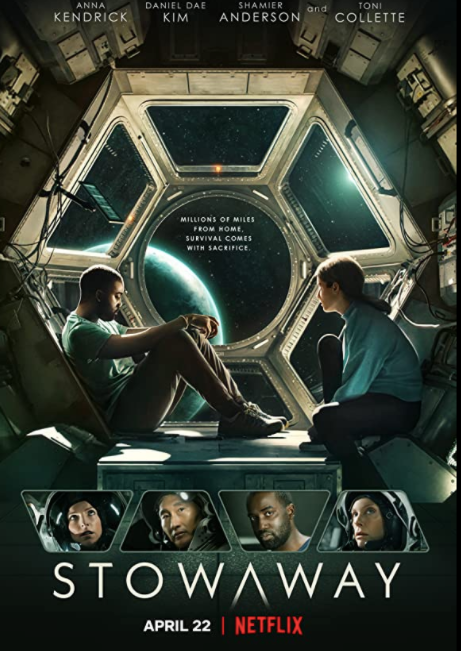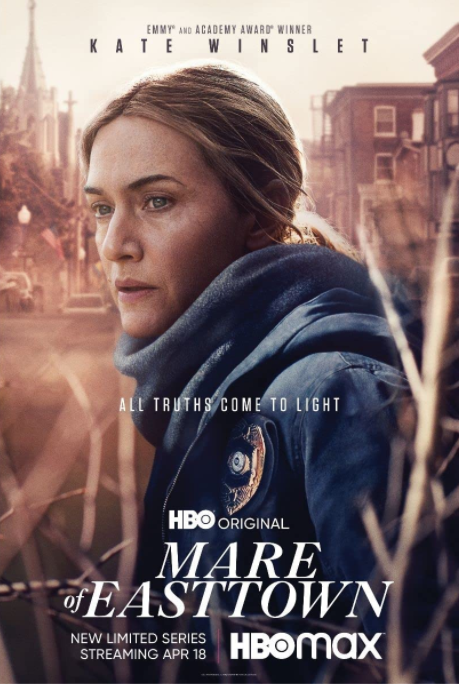
Mare of Easttown concluded on HBO last night. One downer of a mini-series, brilliantly acted, but with resolutions so somber it could have been Jude the Obscure near Philadelphia.
The ultimate resolution left lives broken everywhere. If they were not literally ended already. Colin was killed a few episodes back, for reasons barely related to the main murder under investigation. Even Erin's murder turns out to be something of an accident, rendering it a statement about the insanity of so many guns in this country (which I agree with), rather than the more narratively satisfying result of an evil intention.
And the broken lives are ubiquitous. Julianne Nicholson was just superb in that last episode as Lori, with her beloved son going off to prison. Even Mare herself, wonderfully played by Kate Winslet, has just a hope of some happiness, as she walks up those stairs to the attic, to perhaps find some peace about her son up in heaven. It would have much better had the storyline at least left Guy Pearce's Richard in town.
Maybe it says something about my age, but my favorite characters were Mare's mother Helen (great to see Jean Smart), who had an irrepressible sense of humor and a winning penchant for the wise crack, and Chief Carter (first time I've seen John Douglas Thompson), who had a way of injecting calm and reason with his words and his presence, sorely needed in this often, almost always, harrowing story.
I suppose heartbreak is especially pertinent in this year we've just been through off the screen. When Mare mentions the year everyone has been through in Easttown, she's talking about the deaths and breakups and breakdowns in this fictional world. But she could just as easily have been talking about the world her viewers have inhabited and tried to live in during the lockdown due to the pandemic and the bashing of democracy by the former President. In that sense, Mare of Easttown may be perfect viewing for our time, and, like Jude the Obscure, a sad kind of masterpiece.

